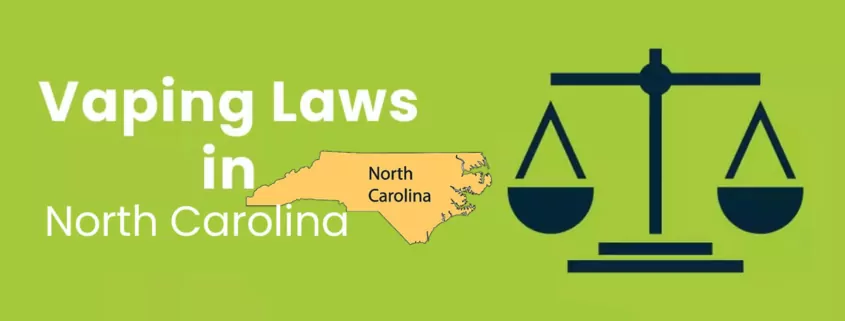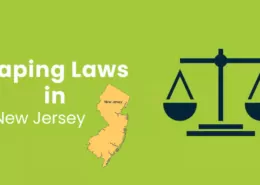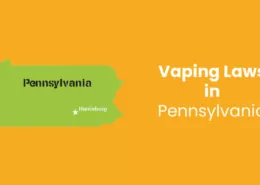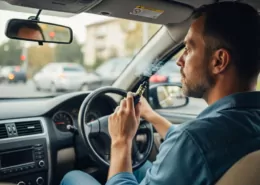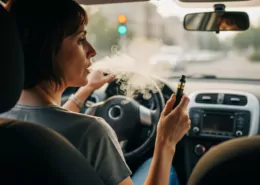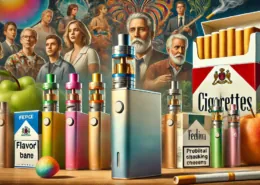Vaping Laws in North Carolina – A Comprehensive Guide for 2025
North Carolina, a state with a rich and deeply rooted history in the tobacco industry, now finds itself at a critical juncture in navigating the modern world of nicotine products. As the landscape has shifted from traditional cigarettes to the widespread use of e-cigarettes and vapes, the Tar Heel State has responded with an evolving set of laws and regulations. These measures aim to address pressing public health concerns and control a rapidly changing market.
So, what is the current legal status of vaping in the state? Yes, vaping is legal in North Carolina, but it operates under a framework of strict regulations. Let’s explore the details of these laws and what they mean for you.
The Legal Foundation of Vaping Laws in North Carolina
At the core of North Carolina’s approach to vaping is a focus on preventing underage access, though a notable conflict between state and federal age laws creates a complex enforcement environment.
The Age Restriction Conflict: Federal 21 vs. State 18
North Carolina is one of only seven states that has not yet updated its own state statutes to align with the federal law. As such, North Carolina state law, under G.S. 14-313, still prohibits the sale of vapor products to persons under the age of 18. This discrepancy means that state-level agencies like the North Carolina Alcohol Law Enforcement (ALE) are primarily tasked with enforcing the state’s 18+ law, creating an enforcement gap for sales to individuals aged 18-20.
To resolve this, bipartisan legislation known as “Solly’s Law” (named in memory of 15-year-old Solomon Zorn, who died from vaping complications) has been proposed in early 2025 to formally raise North Carolina’s legal age to 21 and establish a more robust tobacco retail permitting system.
Penalties for Sales to Minors (Under State Law)
Under current state law, selling or distributing a vapor product to a person under 18 is a Class 2 misdemeanor. Failing to demand proof of age when required is also a Class 2 misdemeanor. For an individual under 18, purchasing or attempting to purchase a vapor product is also a Class 2 misdemeanor.
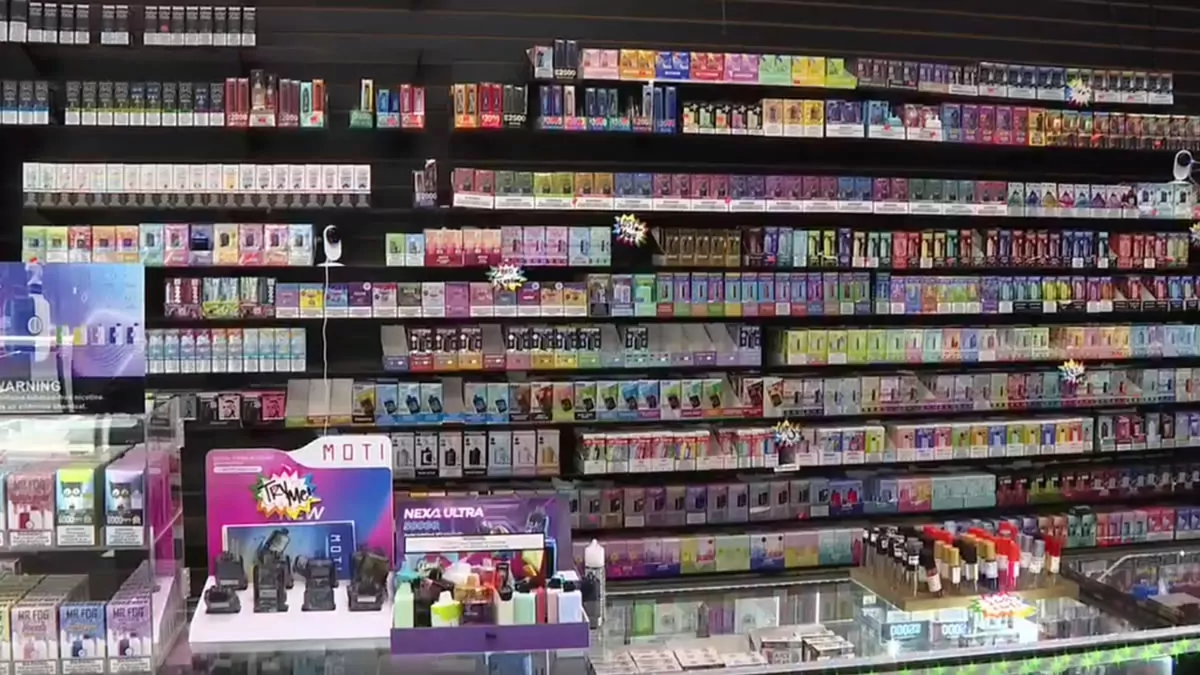
PMTA Registry Law in North Carolina
The most significant recent development in North Carolina’s vaping regulation is the passage of House Bill 900 (HB 900) in July 2024, which created a state-managed product registry system based on the federal FDA’s Premarket Tobacco Product Application (PMTA) process.
How the PMTA Registry Works
HB 900 mandates that for a vaping product to be legally sold in North Carolina, its manufacturer must certify to the North Carolina Department of Revenue (NCDOR) that the product meets specific criteria tied to the FDA’s regulatory pathway. To qualify for inclusion in the state’s official directory, a product must have either received a marketing granted order (MGO) from the FDA or have a PMTA that was filed by the September 9, 2020 deadline and remains under active review by the FDA.
Implementation Timeline for HB 900
- May 1, 2025: The law establishing the registry took effect. Only products listed on the NCDOR’s vaping product directory are authorized for sale.
- July 1, 2025 (approx.): Full enforcement begins. Retailers were given a 60-day grace period from May 1 (ending around June 29, 2025) to sell through or remove any existing inventory that is not on the approved list.
Impact on Product Availability and Industry
This registry system dramatically reduces the number of vaping products legally available in North Carolina. Since the FDA has authorized very few vaping products (primarily tobacco and menthol-flavored products from major tobacco companies), this law effectively bans most flavored disposable vapes and many bottled e-liquids that lack FDA marketing authorization. Manufacturers must pay a $2,000 initial certification fee and a $500 annual renewal fee to have their products listed, creating a financial barrier for smaller companies.
This has led to significant legal challenges. A coalition of vaping businesses has filed a federal lawsuit against the state, arguing that HB 900 oversteps state authority by enforcing federal law and violates the Supremacy and Commerce Clauses of the U.S. Constitution.

Where Vaping is Prohibited in North Carolina
North Carolina’s approach to regulating public vaping is a patchwork of specific statewide bans and local ordinances.
The North Carolina Clean Air Act and Vaping
Unlike many other states, North Carolina’s statewide Clean Indoor Air Act has not been amended to include e-cigarettes or vapor products in its general prohibitions on smoking in indoor public places like restaurants and bars. This means there is no comprehensive statewide ban that automatically prohibits vaping in all the same places where smoking is banned.
However, state law does impose specific prohibitions in sensitive locations:
- Childcare Centers: Vaping is prohibited in childcare centers and family childcare homes.
- School Property: School districts are required to adopt policies prohibiting tobacco and vapor product use on all school property and at school-sponsored events.
- Correctional Facilities: It is unlawful to sell or give vapor products to inmates, and employees/visitors are prohibited from using them on the premises (though jails may provide vapor products to inmates under certain conditions).
- State Buildings and Vehicles: Vaping is prohibited in state government buildings and state-owned vehicles.
Local Ordinances: Where Most Indoor Bans Exist
The gap in statewide public use regulation has been filled by numerous local municipalities and counties. Many have passed their own local ordinances that prohibit vaping wherever smoking is banned. These include, but are not limited to:
- Asheville
- Beaufort
- Bessemer City
- Cherryville
- Gaston County
- Maiden (including all parks)
- New Hanover County (prohibits vaping in public spaces like restaurants, bars, government buildings, and on beaches)
- Siler City
- Waynesville
Additionally, some counties like Wake County have implemented zoning ordinances that prohibit new vape shops from operating within 1,000 feet of schools, parks, and homes. Whiteville has a similar 1,500-foot buffer zone. This means vapers must always be aware of local rules, which are often stricter than state law.
Ecigator is one of the well-known vape brands spun off from FM Technology Co., Ltd, it’s an ISO-certified disposable vape manufacturer for OEMs, ODMs, and OBM since 2010. The founder team comes from top firms with more than 10 years of experience in the vaping industry and has devoted thousands of hours to providing users with a better and better experience.
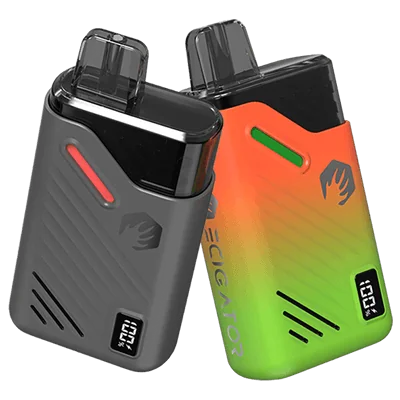
18K Disposable Pod Kit
Disposable Pod Kit – 18ml changeable pod with 650mAh rechargeable battery.
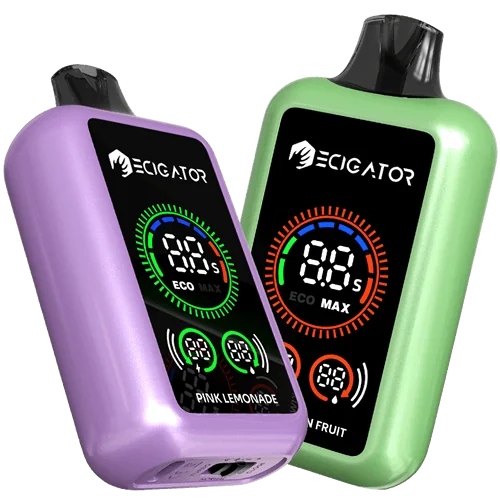
20K with Large Screen
20000 Puffs Disposable Vape with large screen. Normal and Boost working modes.
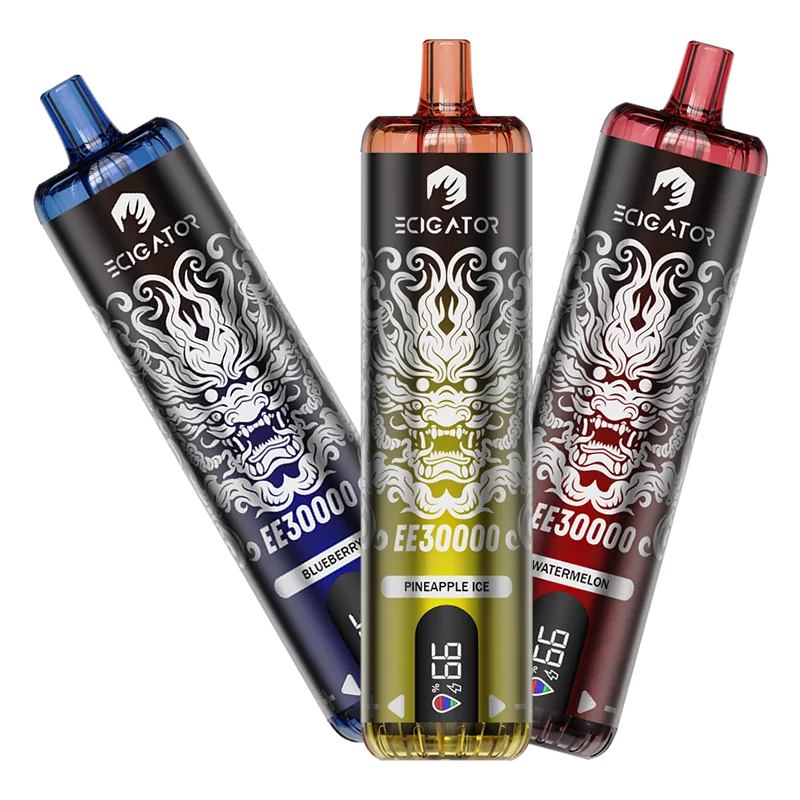
30K DTL Disposable
30K Puffs DTL(Directly to Lung) disposable vape with airflow control and screen.
Selling Vaping Products in North Carolina
The sale of vaping products in North Carolina is a regulated activity with specific requirements for businesses.
Mandatory Retailer and Wholesale Licensing
Effective July 1, 2024, retailers and wholesalers must obtain a Vapor Products License for each location where they sell, store, or distribute non-taxed vape products. This was a significant change for North Carolina, which previously did not have a comprehensive tobacco retail licensing system. The licensing process is managed by the NCDOR and requires an application (Form B-A-2) and may involve a surety bond.
Sales Practices and Product Requirements
- Child-Resistant Packaging: E-liquid, whether containing nicotine or not, must be sold in child-resistant packaging.
- Nicotine Warning Labels: E-liquid products containing nicotine must state that the product contains nicotine.
- Online Sales: Online sellers must obtain the same licenses as physical retailers, verify the age of purchasers via a third-party service, and file monthly reports of all sales with the state.
Taxation of Vaping Products
North Carolina imposes a state excise tax on vapor products:
- The tax rate is $0.05 per fluid milliliter of consumable product.
- This tax applies only to e-liquids containing nicotine; the state does not tax non-nicotine e-liquid products.
In addition to this specific excise tax, smoke-free tobacco products are subject to a separate state excise tax of 12.80% of the wholesale price.

ECIGATOR
Ecigator is one of the well-known vape brands spun off from FM Technology Co., Ltd, it’s an ISO-certified disposable vape manufacturer for OEMs, ODMs, and OBM since 2010. The founder team comes from top firms with more than 10 years of experience in the vaping industry and has devoted thousands of hours to providing users with a better and better experience.
Conclusion:
North Carolina’s vaping laws in 2025 reflect a significant tightening of regulations, with the new PMTA registry law (HB 900) fundamentally changing which products can be legally sold in the state. This, combined with the ongoing legislative push to align the state’s minimum purchase age with the federal 21+ standard (“Solly’s Law”), demonstrates a clear focus on curbing youth access and ensuring product oversight. While the state lacks a comprehensive indoor vaping ban, the proliferation of local ordinances means that public use is restricted in many communities. For retailers, the new licensing and product certification requirements demand meticulous compliance to avoid significant penalties. For consumers, product availability, especially for flavored and disposable vapes, has been drastically reduced. As legal challenges to the new registry law proceed and legislative debates continue, the regulatory landscape in North Carolina will remain a dynamic and critical area to watch.
References
- Ecigator News – North Carolina Vape Ban HB900
- NCDOR – Frequently Asked Questions Regarding North Carolina Vapor Products…
- North Carolina General Statutes – § 14-313 (Selling cigarettes to minors…)
- North Carolina Legislature – SB 533 Bill Text (2025 Session)
- BillTrack50 – North Carolina HB 425 Bill Detail (2025 Session)
- Fumot Mate Pod Kit Review: 10,000 Puffs & TPD Legal? - August 10, 2025
- UK Vape Tax Could Push E-Liquid Prices to £40 a Bottle - August 10, 2025
- Minnesota: Northfield Postpones Vote on Flavored Vape Ban - August 10, 2025

